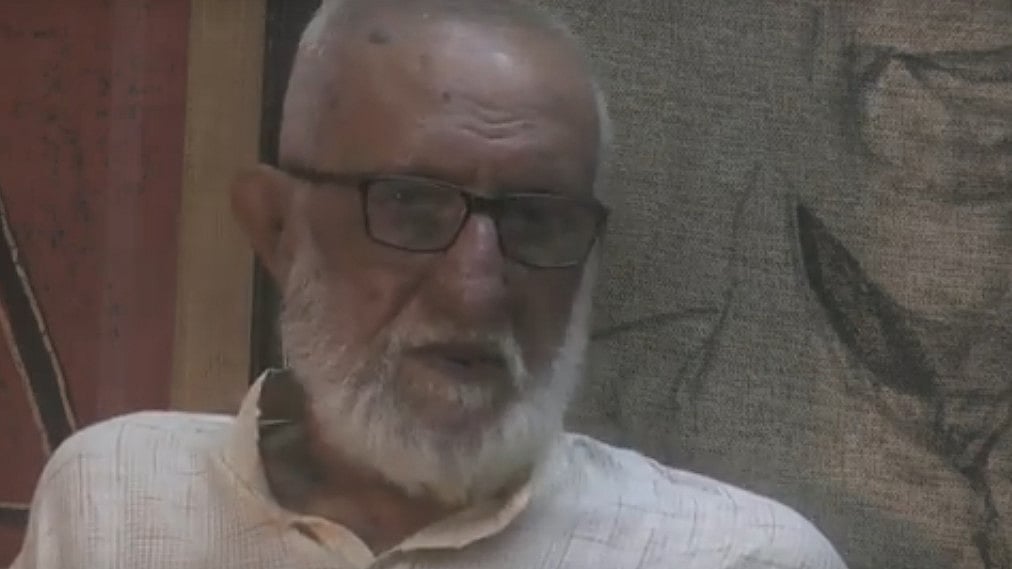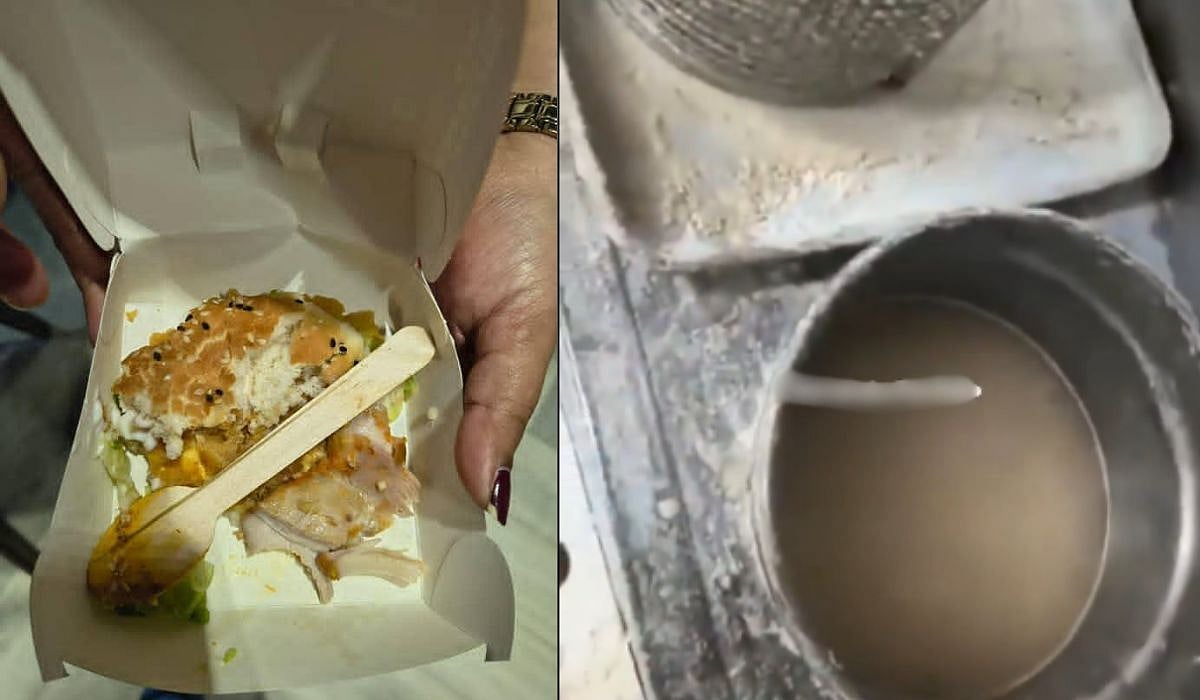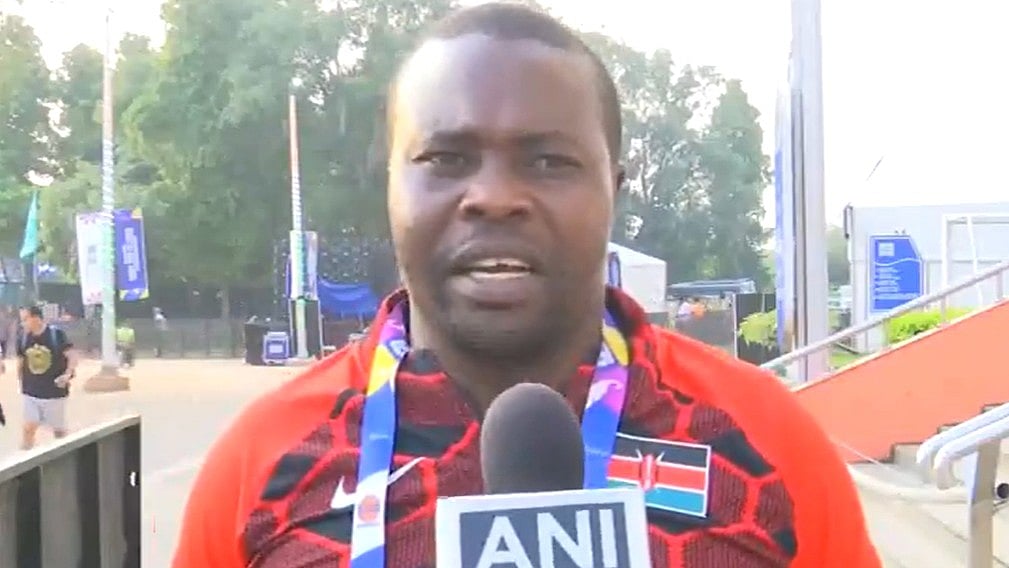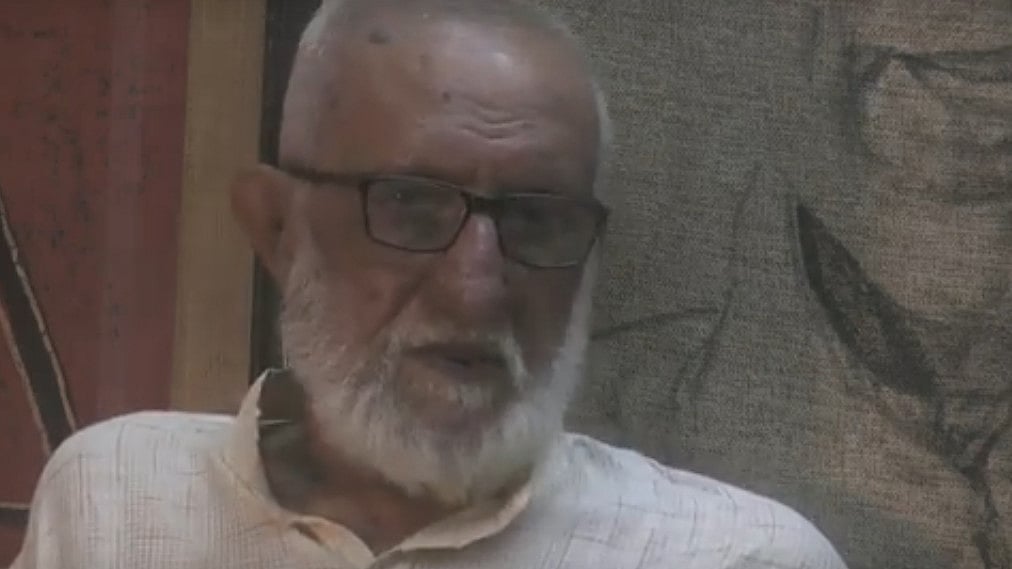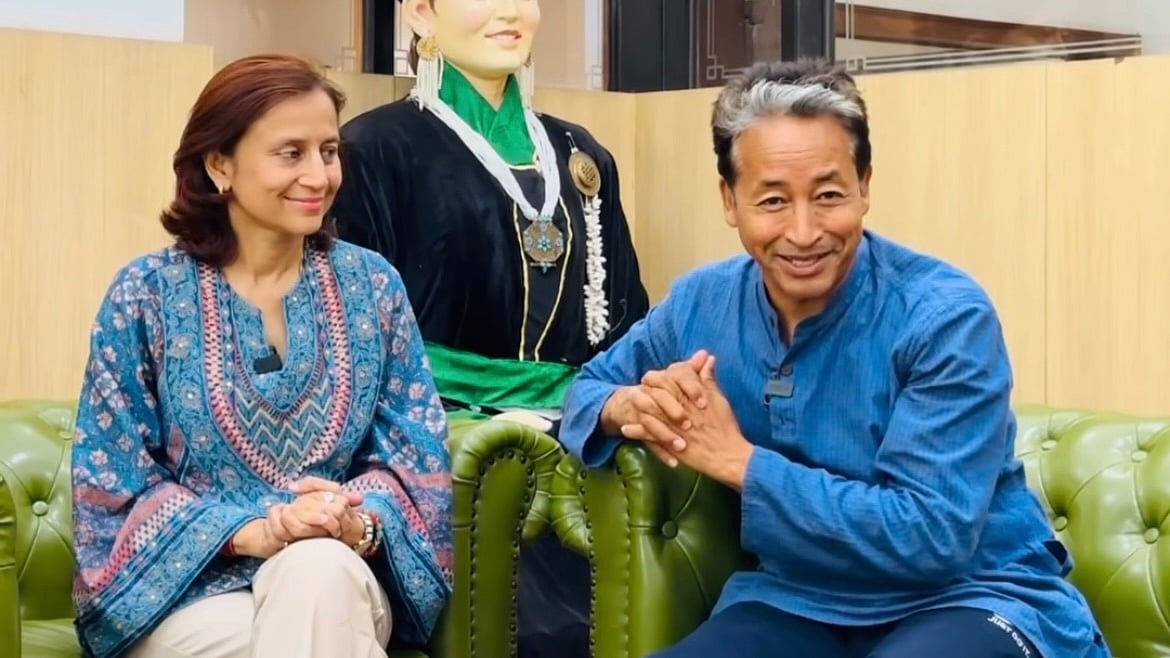The veteran freedom fighter, 101-year-old Dr GG Parikh, breathed his last on October 2, the birth anniversary of Mahatma Gandhi, whose ideals he had embraced as a young man and budding doctor in his 20s. Dr GG, or GG-sahab, as he was fondly called by contemporaries and younger generations, lived an enviable life with meaningful work, unwavering faith in the power of collective action, steadfast commitment to the finest subcontinental values of humanism and secularism, and a belief that every generation will find its way to contribute. Dr GG remained an inspiration to his last days—and even in his death, when instead of rituals, he had his mortal remains donated to a hospital for medical research. Dr GG’s presence and willingness to interact with the present was a moral compass for many in Mumbai.
He participated in India’s anti-British freedom movement and saw it from close quarters; he was at Mumbai’s Gowalia Tank Maidan (later renamed August Kranti Maidan) on August 9, 1942, when the clarion call of ‘Quit India’ was given; he imbibed the best of secular values from leaders like Yusuf Meherally, in whose honour he opened a multi-services centre in Panvel; he continued to participate in human rights and people’s welfare causes well into his 90s; he was back at the August Kranti Maidan in December 2019, this time seated on a plastic chair, with thousands to protest the Citizenship Amendment Act; and he was on his way to the Maidan again in 2023 when stopped by the Mumbai Police. His commitment to the idea of India as a multi-cultural and plural society inspired many young activists, including at the Independence Day this year.
Dr GG’s life must be commemorated and remembered for many reasons, especially when so much seems adrift in society. For one, he refused official posts and positions in independent India because he believed that social work was the fulcrum of political movements—and remained steadfast in his resolve. Then, he continued to practise medicine for the better part of his long life, earning what he could and willingly giving up occasions to mint money off medicine—a mindset rare among medical students now. Dr GG walked his talk to set up the centre in Panvel, starting with medical service to the unserviced parts near Bombay/Mumbai and expanding it to include education and support groups—a thriving example of bringing one’s skills to bear on social realities.
Gandhi would have been gratified to have Dr GG as his disciple-follower carrying Gandhian values into the AI age. And Dr GG would have been satisfied to bid goodbye to the world on the birth anniversary of his idol-mentor. India is poorer without this last of the Gandhians.
